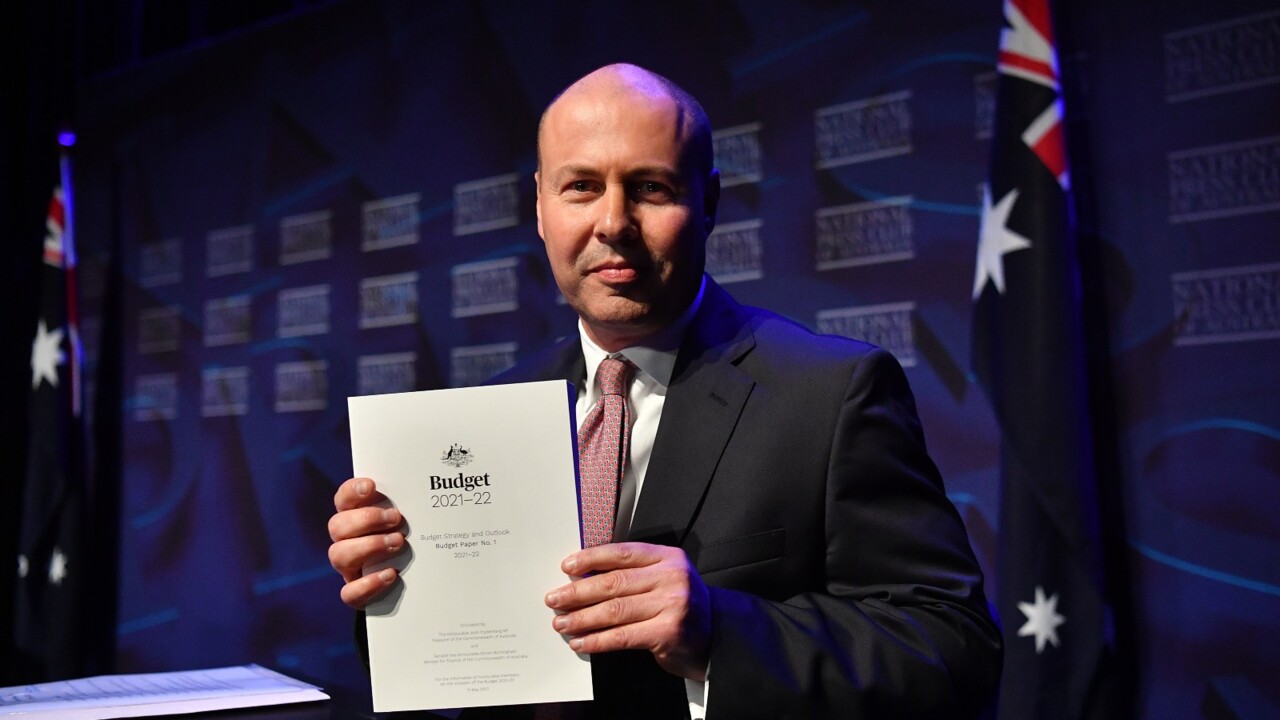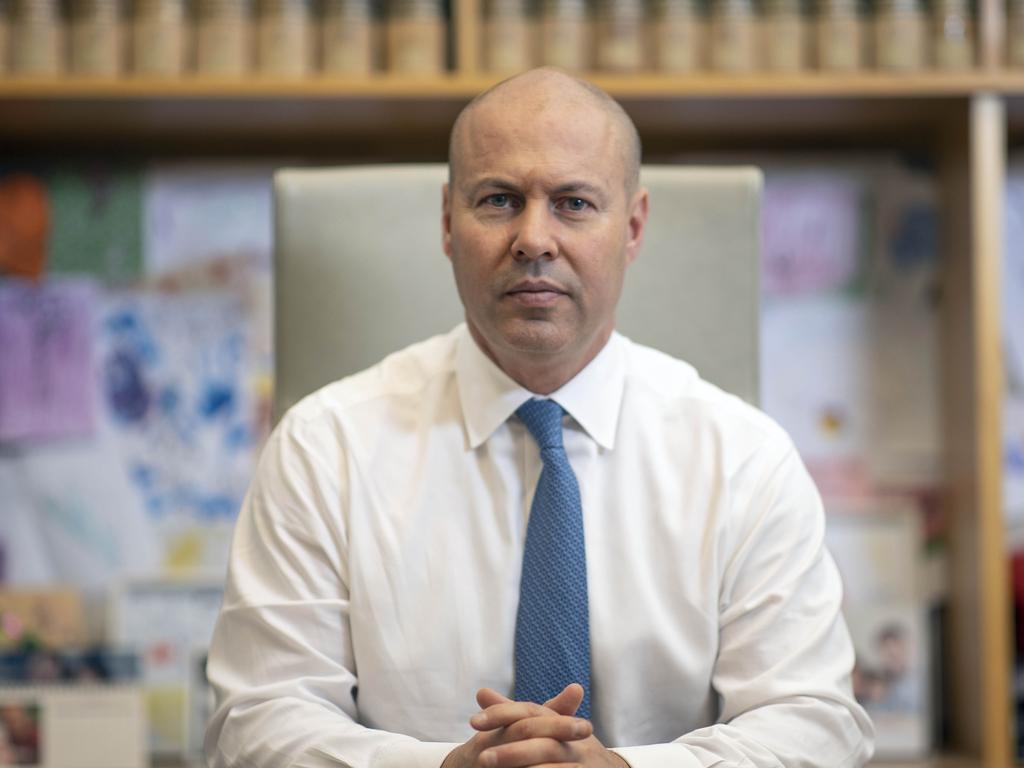Federal budget 2022: Businesses to get $800 cash flow boost
Treasurer Josh Frydenberg is promising to save some Aussies at least $800 by taking a torch to their tax paperwork.

Two million small businesses and sole traders will get “breathing space” in the upcoming federal budget, with $1.85 billion worth of cash flow relief to be distributed.
The average business will benefit by about $800 in the next tax year.
Other moves to streamline compliance and reporting requirements could deliver a further $800 million in savings to businesses if the states and territories get on board.
The federal budget will set the formula for GST and pay-as-you-go (PAYG) instalment amounts at 2 per cent – having held it at zero for the past two years during Covid-19.
Treasury estimates setting the formula below the maximum allowed 10 per cent rate will free up $1.85 billion in cashflow boosts to help small businesses and sole traders invest and grow.
The adjustment rate was 5 per cent in 2019-20.

The budget will also include new measures to reduce paperwork.
“Small and medium businesses are the backbone of our economy, employing millions of Australians,” Treasurer Josh Frydenberg said.
“Our small business and sole trader package will deliver more than $800m in compliance savings every year, allowing SMEs to do what they do best – invest, innovate and drive job growth.
“The reforms will allow small business to report only once to meet their Commonwealth, state and territory tax obligations; automate processes and minimise reporting requirements to support cash flow and slash red tape.”
One change is to move towards the pre-filling of state tax returns through sharing data collected by the tax office.
At the moment small companies must lodge their tax returns with the ATO as well as a state tax return.
But the federal government has committed $6.5 million into an IT build to remove reporting duplications.
If the states and territories invest in their own systems the measure would improve lodgement accuracy and reduce compliance costs, saving time for about 170,000 businesses that have payroll tax reporting obligations.

It’s estimated this measure could deliver compliance savings of up to $800 million a year if all states and territories sign up.
Another change is to align instalment payments with financial performance.
About 1200 petrol and alcohol businesses with a turnover of less than $50 million will also get a cash flow boost of $100 million across the forward estimates and save $8 million in regulatory costs each year.
This is because they will be able to automatically lodge and pay excise returns on a quarterly basis without the need to continue to make monthly payments.
Read related topics:Josh Frydenberg




